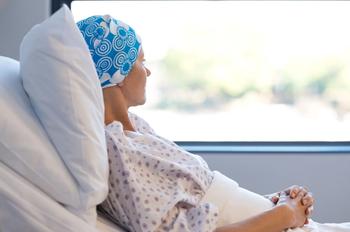
On social media, CURE® recently asked its readers to share if they have experienced any side effects from cancer treatment and how they have managed them. Here’s what some of them said.

On social media, CURE® recently asked its readers to share if they have experienced any side effects from cancer treatment and how they have managed them. Here’s what some of them said.
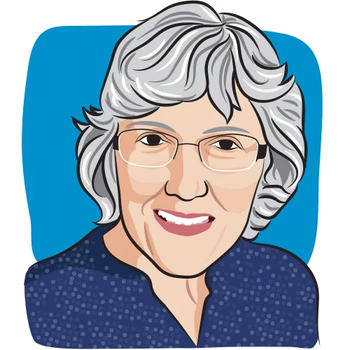
It makes sense to take stock of cancer treatment — its physical, emotional, and spiritual cost, and what people want out of life going forward. Here, a patient with cancer writes how It’s OK to say, “Cancer treatment sucks and I hate it, even when the big prize, our buddy NED, has taken up residence in our bodies.”

Childhood cancer survivors are at a higher risk of pain and associated functional impairments later in life, study results show. These results, according to experts, highlight the need for routine pain screening in survivors.
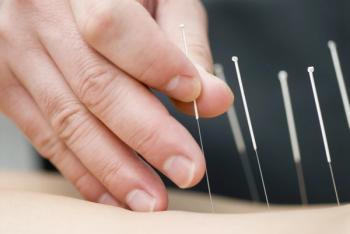
Acupuncture techniques proved to be an effective treatment that reduced pain severity and increased quality of life among a diverse sample of cancer survivors experiencing chronic musculoskeletal pain.

After enduring an extensive treatment of 60 chemotherapy infusions, a patient with metastatic breast cancer has developed a superpower — an extreme sense of smell.
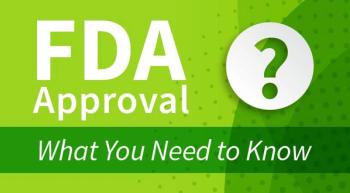
The FDA’s recent approval of Cosela to reduce the frequency of chemotherapy-induced bone marrow suppression in adults who are receiving certain types of chemotherapy for extensive-stage small cell lung cancer is a “breath of fresh air,” according to an expert.

On social media, CURE® recently asked its readers to share if they have experienced cancer-related fatigue and how they have dealt with it.

Women with a history of depression had higher rates of cancer-related fatigue, according to recent study results.
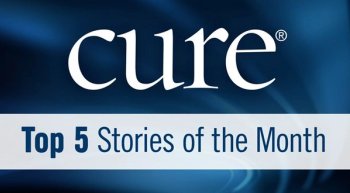
Each month, we take a look back at the most popular CURE® stories. Here are the top five stories for February 2021.

After a recent poll reported negative experiences among Black and Latinx patients during their cancer care, the National Comprehensive Cancer Network, American Cancer Society Cancer Action Network and National Minority Quality Forum recommended practice changes to prevent racial disparities moving forward.
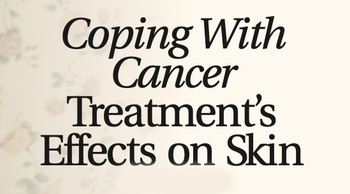
Although many cancers are unseen, different types of treatment can lead to painful, visible side effects, particularly when it comes to an individual's skin.

A physical therapist recalls how one of her patient’s with prostate cancer hated exercise when he first came to visit her, but then his mindset changed once he realized his lymphedema started to get under control.
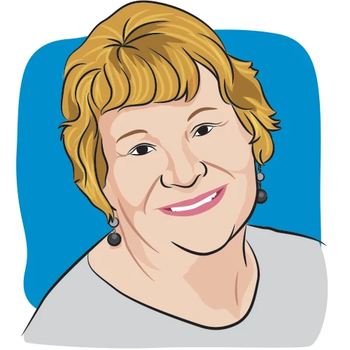
A cancer survivor notes how her 16-year-old dog makes it up the steps faster than she does. And although she recognizes she’s getting older, she highlights the side effects of her medications are muscle and joint pain.
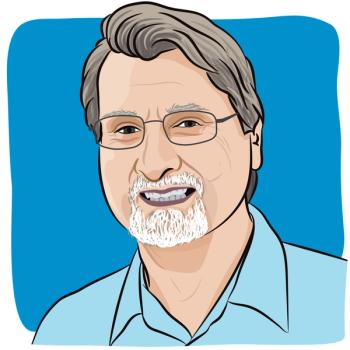
With a COVID-19 vaccine shot on the way, here are 5 groups of people I, as a cancer survivor, want to thank.

With winter upon us, a caregiver discusses how the end of life is akin to the cycle of seasons and how hospice does not have to be a challenging hurdle.
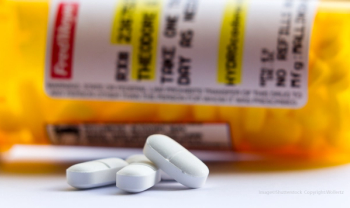
Some patients receiving opioids to treat cancer-related pain may be more susceptible than others to engage in non-medical opioid use.
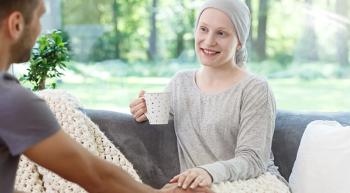
On social media, CURE® recently asked its readers to share what they wished people without cancer could understand about their experiences with the disease.
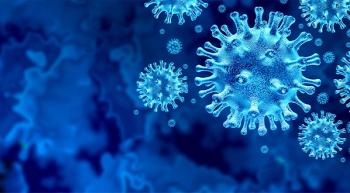
People recently diagnosed with cancer may be at an increased risk of contracting COVID-19 and experiencing worse outcomes than those who have never had a cancer diagnosis. The association was heightened in Black patients.

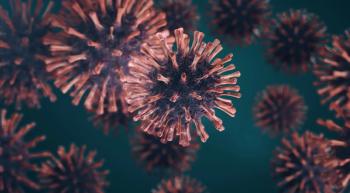
CURE® compiled a roundup of five recent pieces of COVID-19 news and updates that patients with cancer may have missed.

SWORD Performance Hydration is a natural drink that helps to hydrate and energize individuals, and could even assist with some toxicities that are a result from chemotherapy.
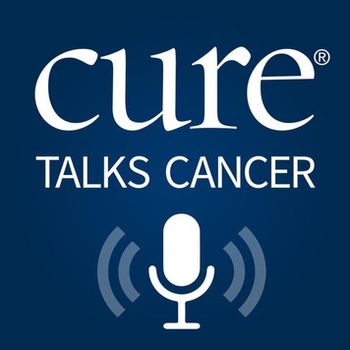
This week on the “CURE® Talks Cancer” podcast, we spoke with Martha Raymond, of The Raymond Foundation, about how providers can ensure patient safety to increase trial enrollment during the COVID-19 pandemic, and what she and her colleagues are doing to provide better trial access to all patients with cancer.
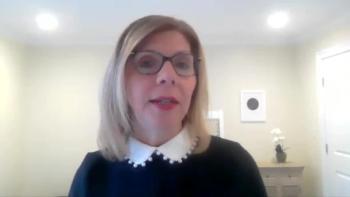
Clinical trials may seem scary and challenging for patients with cancer, but in reality, they don’t have to be. Here is how talking to former patients on clinical trials can help.
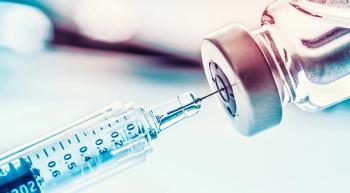
Let’s not mince words: The U.S. and the world must appreciate the role of the pharmaceutical industry — the researchers and physicians — who are rescuing the world from COVID-19.

With two different COVID-19 vaccines out there, it's important for patients with cancer to understand the different side effects for both. We help break down what patients and survivors can possibly expect.
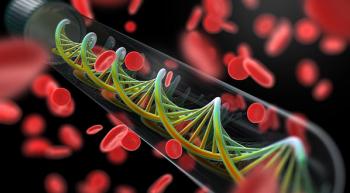
Dr. Barry Tong, a genetic counselor in the cancer genetics and prevention program at UCSF, discusses what genetic cancer testing is, the different types of testing, different results, and why going to a genetic counselor beforehand is so important.

In participants who reported that the pandemic negatively impacted their decision to enroll in a clinical trial, some of the most common reasons included exposure to the virus and limited access to care.
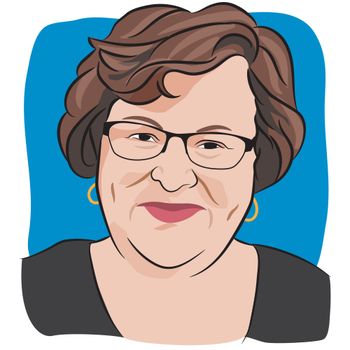
Waiting is the hardest part when wondering about cancer complications.

Sometimes it’s hard to bring up the many side effects of cancer treatment, but talking about them can help your doctor provide the best care.

The Moderna COVID-19 Vaccine is delivered similarly to the Pfizer-BioNTech Vaccine, with two doses a month apart. This adds a second vaccine to the arsenal for COVID-19 prevention.